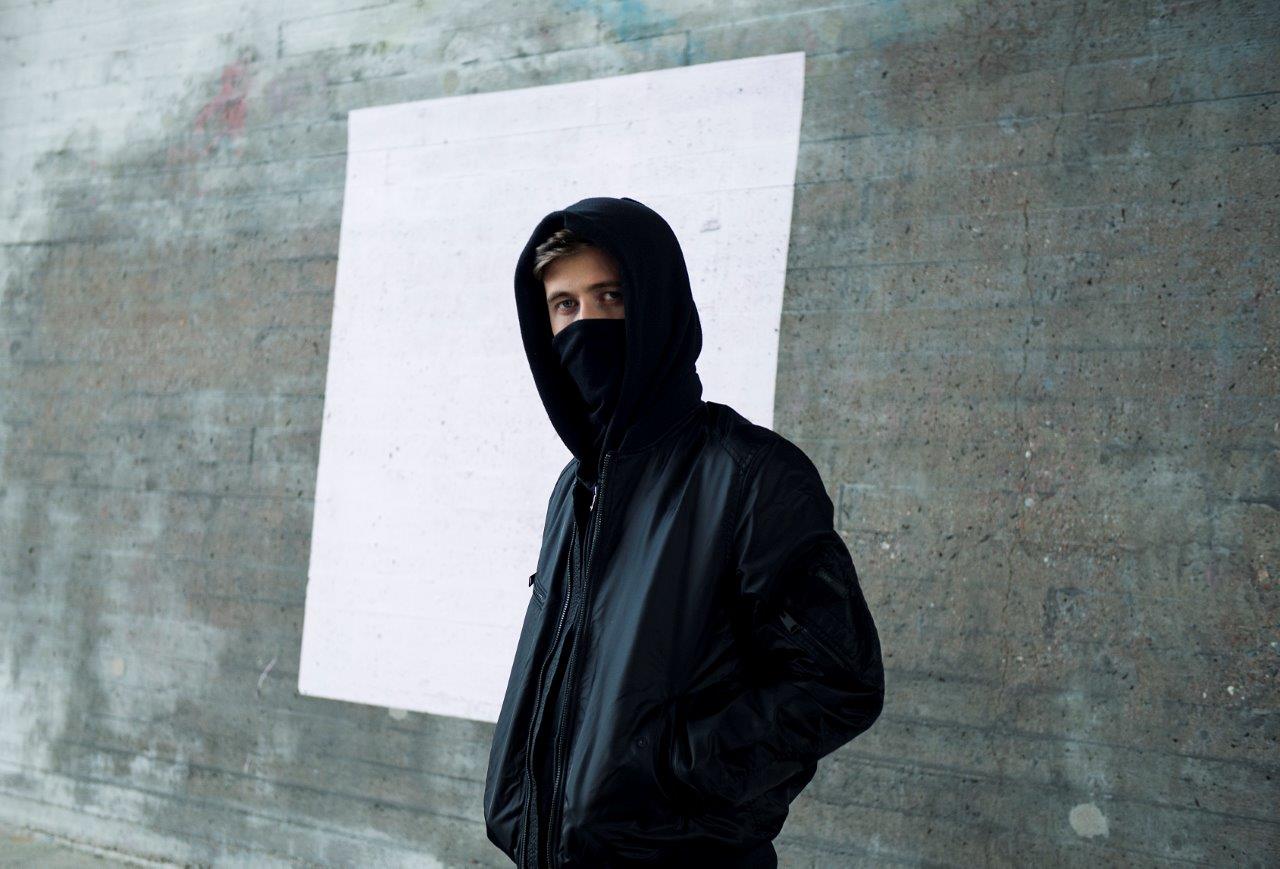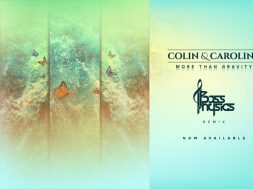
Alan Walker Discusses The Success of Faded, Superstardom at 19, and Helping Children Fight Cancer
If you aren’t at least somewhat familiar with Alan Walker‘s 2015 global smash Faded then you have probably been living under a rock. The overwhelmingly somber downtempo electro house track has gone to number one in over twenty countries, has garnered over 673 million streams on Spotify (and that’s not counting the remixes), and its music video has received over 1.1 billion views to date, on YoutTube. Not bad for a breakthrough track that seemed to have come out of nowhere!
However, instead of nowhere, the megahit comes from Norway, and is the brainchild of 19-year-old British-born graphic artist and programmer turned DJ/producer, Alan Walker. Whether he’s playing at a festival, producing his next hit, or striking a deal with another tech giant, it’s difficult to get a hold of Alan Walker these days. We sat down with him prior to his Solstice Stage set at Spring Awakening Music Festival and tried to uncover the man behind the music.
What was the inspiration behind your huge global hit Faded? Why do you think it resonated with so many people?
AW: Faded was originally a track that I wrote back in 2014. It was originally known as Fade and that was a song that was inspired by a Norwegian producer known as K-391 and a Dutch producer known as Ahrix. It was released on on the label NoCopyrightSounds and later in 2015, it was signed to Sony Music. That’s pretty much when it started to blow up. It already had gotten recognition on the internet. I think a lot of people knew about the song but didn’t know its name or who the artist behind it was, but then we did Faded and that’s when it really took off. The reason for that, I actually do not know, but I think that it had to do with the song being unique, downtempo, and really melancholy.
Faded has a rather dark and sad underdone, especially when looking at the lyrics; however, you newer hits Alone and Tired are a lot more unplifting. How important are lyrics in your productions? Do you think artists have a moral responsibility to communicate positive messages to their audiences?
AW: Yeah, I think so. If they lyrics are happy then people will be happy. Lyrics can have significant meaning to the artist, as well as the listener. I think that’s something that’s very important because there is always something people can relate to in lyrics. That’s something that I see a lot of nowadays [in dance music] especially in The Chainsmokers’ songs, for example.
You’re only 19 years old! How has life changed personally and professionally as a result of the success of Faded? How does one deal with such enormous, almost overnight, popularity?
AW: Sometimes, I try not to think about it at all because I want to keep my feet on the ground, stay as humble as possible, and try to focus on my work as much as I did before I was successful. It’s a life changer and it can be really fun, but it also requires a lot of time. My life has mostly changed in a way that I can focus on music and production on a full time basis.
Tove Stryke and Zara Larsson are a couple of vocalists who sang on Faded. Can we expect a collaboration with a big pop artist from you soon? Who would you like to work with and why?
AW: I would like to definitely work with Zara Larsson. When she sang with me on Faded in Germany that was really cool and different, as well! I would also love to work with Ellie Goulding because when we released Faded a lot of people thought that the vocalist was Ellie, but getting the combination of two similar voices (referring to Faded vocalist Iselin Solheim) or the same style, I think that could be really cool and really good for Alan Walker, as an artist. Other than that, if I had to pick a male artist I would love to work with Bruno Mars because he has a unique vibe. Instead of doing a remix, which I recently did when I remixed That’s What I Like, I would like to do an actual track.

How has your home country of Noway received your success? Why do you think so many great artists and so much great music comes from Scandinavia?
AW: Maybe it’s because so many people are willing to put a lot of effort into making music and have access to production software.
Alesso and Fehrplay told me that it’s dark and cold for a very long time so there’s nothing to do…
AW: Where I live, it rains 50% of the year, so we’re inside, pretty much, the whole time. That could also be a reason, but it’s impossible to give a proper answer.
You recently used social media in order to raise awareness and funds for children’s cancer. How important is it to use your platform to help others? Why do you think we don’t see more of this in dance music and EDM, in general?
AW: I really wanted to do something like that for a long time. I think children’s cancer is such an important cause. I was actually on my way home from Amsterdam, and at the airport I was discussing if I should put it out there and people thought it was an April Fools’ joke because it was the first of April and then I was like ‘Oh no!’ I think it was a really great cause to support and I wish more artists would do something like that.
If you could eliminate one thing forever from the world what would it be and why?
AW: Anger or war. The world needs something better. Right now, not everything in the world seems so bright.
You are focused and very successful at an age when most people are still trying to figure things out. What do you think young people need more of in today’s world? What advice do you have for your fans and young people, in general?
AW: I think it’s just about having the time to be able to work as much as possible because this industry takes a lot of time and is so unpredictable. Anything can happen at any time! For example, when I released Fade, that was my breakthrough track, amongst the gaming community and on the internet so it was very unexpected and then my popularity started to grow online. It’s just so random. That’s why I always tell people to never give up because you never know when success is around the corner. It’s also really important to believe in yourself and what you do when you try to accomplish something. Work as hard as possible, believe in yourself, and never give up!
714









